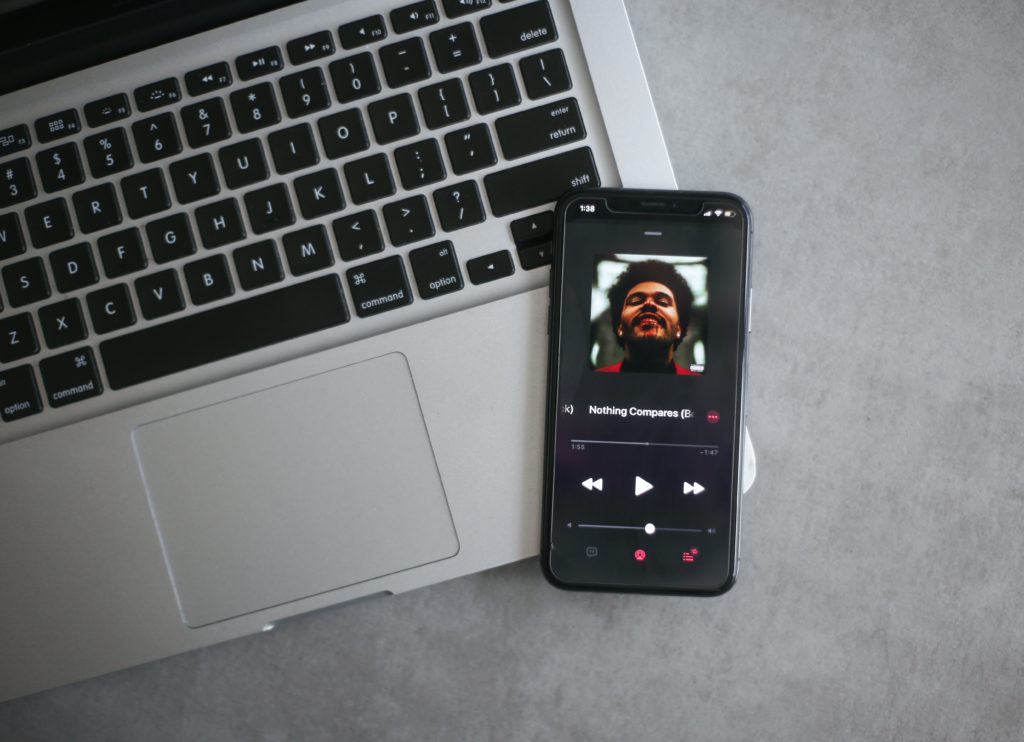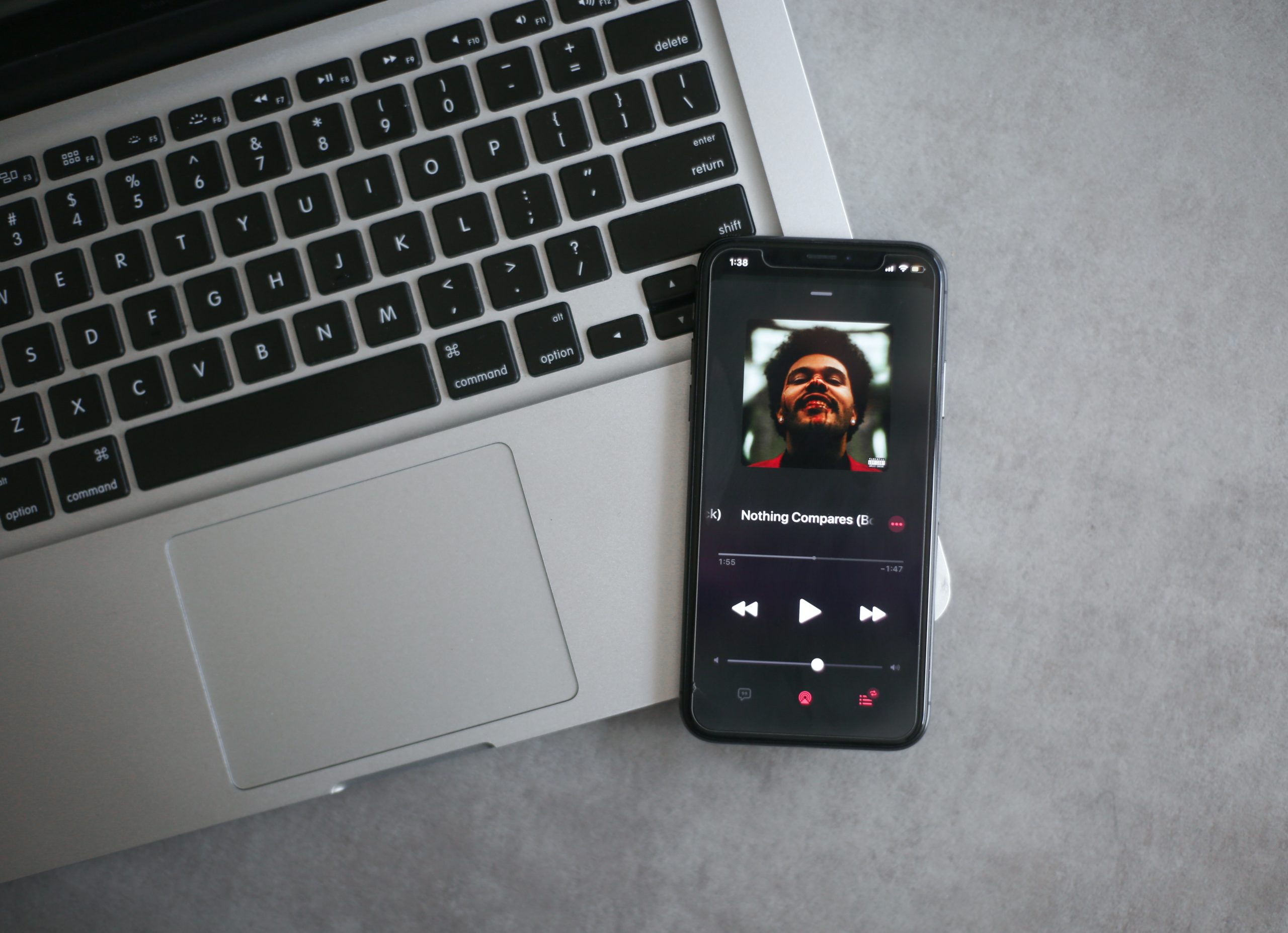
With the Grammy’s in hindsight, now comes the time for reflection and opinions. Maybe you thought a different artist should have won, or you felt that the Academy was unfair and overlooked a certain song for contention. This year, I believe there was no greater disappointment by the Grammy’s than their ignorance of the Weeknd’s album After Hours. Released in March of 2020, it received generally positive reviews, with many critics claiming it to be Abel Tesfaye’s (The Weeknd’s) greatest work to date. With After Hours breaking multiple chart records, achieving immense popularity amongst fans of Tesfaye’s and charting on Billboard for weeks, the lack of any nominations came as a shock to many. Being dubbed “album of the year” by critics without even making the nomination list, it left me curious what the piece would be like. As such, I began my listening of the After Hours to see just how good this Grammy oversight of an album really is.
After Hours is the Weeknd’s fourth studio album, representing a reinvention and renewal for the artist. With themes of loneliness, heartbreak and recklessness, the often shining instrumentals create a stark juxtaposition with the lyrics and message of each track on the album. With introductions of new wave and dream pop influences, those familiar with his Starboy era are sure to be surprised in listening to this new style. Vulnerable, innovative and downright angelic, this album’s place in a shattered 2020 was bold and touching. For myself, I find this album works best in when listening in order. Many of the themes and narratives, of love lost and change can be felt from track to track. As well, the similar instrumentation and aesthetics give the audience a journey from start to finish that feels incomplete without hearing every single element that The Weeknd has to offer. From “Hardest to Love,” to “Faith” to the singles “After Hours” and “Blinding Lights,” this fourteen track album offers the listener many variations of which to enjoy; fitting a style and atmosphere for everyone to latch on to.
“Hardest to Love” is the third track on the album. The Weeknd paints a relationship that has gone sour; where the singer knows their partner wants to break up, even if they are together at the time the song is written. Here, the singer wants a real and meaningful relationship, with the absence of others and the emptiness it brings being represented and touched upon. The main melodic rift is light and fleeting, reflecting this sort of whispery remorse that echoes throughout the song. The deep bass that kicks in during the verses gives a darkened vibe, with the outro having a mixture of droning and distortion. Here, the main melody plays ever so faintly to carry the listener forward. While repetition is an element that I find to be a little bit stagnant in the album on the whole, I think The Weeknd does it best in this piece. It doesn’t feel forced, and by the end of the song, you find yourself singing the main choral lines. It was an easily memorable and catchy piece.
One of my favorite B-sides on the album, “Faith” is a song that offers a reflection between religion and partying/drug usage. Personable and honest, it has those moments of humanity that makes this song standout. Comparing getting high to losing one’s religion, the mix of synths and sirens, along with The Weeknd’s angelic vocals really gave this song its ethereal sounding quality. This is most prominent at the ending, where the religious imagery painted throughout the song is reflected in the sound. It is this outro, however, where the distortion and pacing shift to make the melody deeper and somber as it leads towards its conclusion. What this song does best is its moment of attention grabbing, such as at the line “But if I OD” where instrumental changes occur during a counter-melody introduction in the synth that creates an intriguing tonal shift. A song that gets better with each listen, this is definitely one I do not recommend skipping.
Next comes the album’s titular track, “After Hours.” The album’s penultimate record, it describes an ex-relationship, with the singer apologizing for his past failures and wishing to make up for them. Clocking in at just over 6 minutes, some may not appreciate its extended runtime. However, its varied sections really give the album some time to experiment and shine. Poignant and refined, the song never feels as if it is dragging and I was shocked at how quickly it felt. The song gives it moments to breathe, being an experience from start to finish. There’s a dark atmosphere to the piece, with some dissonance and electronic sounds, but Tesfaye’s falsetto shines brightly, being a light in this rather darker tone. I will admit that between verse 2 and 3, it can feel a bit repetitive or as if the song may be dragging on. But overall, I think this song just goes to show the balance that the Weeknd does in this pop and creative fusion, creating a piece that is both impactful and different from minute to minute.
Finally of the tracks that I will discuss in depth, there is arguably the most popular and well recognized song from this era of the Weeknd, “Blinding Lights.” This piece finds The Weeknd distracted, with the presence of his significant other making up for his state. An 80s synthpop sound, mixed with electropop and EDM drums, this song both harkens back to this pervious eras, while also explosively pushing into an era all brand new. Certified platinum and breaking the record for most weeks in the Top 10 on the Billboard Hot 100 chart — this song was a hit amongst fans and its very evident why. One thing Tesfaye stands out for most are his vocals, which carry smoothly through the chorus here. This is backed accordingly with high-pitched electronic sounds in the melodic frame that creates differentiation in the song. As well, the lower bass works well here, indicating tonal shifts as the song moves from section to section. In fact, it works so well that by the time you reach the end, you only wish that it went on just a tad bit longer.
As someone who has never listened to a Weeknd album in full, or his style of music prior, I went in with very little expectations other than the opinions I’d heard from others. And, while I have mostly enjoyed this album and added a few songs to my playlists, there were some elements that I found to disrupt my listening pleasure. One of the biggest being the abundance of similarities, in my own opinion, from song to song on the album. I’m not someone that necessarily feels that each song on an album has to delve into different genres of music. However, with the instrumentation being similar in a rather large album such as After Hours, along with core themes that carry from song to song, it can start to feel a tad repetitive when you listen to it all in one go. Moreover, on a personal level, I had wished The Weeknd had gone a little deeper in his lyrical approach. Overall, I am sure many of these songs touch upon topics that must be difficult for him to address, so it is not a strong critique. But, with some very moving moments in many of these songs, I only wish that it carried into every corner of this album.
In collecting my thoughts on After Hours I think my overall first impression from it was: shocked. I was shocked that this album, which had so many great tracks and really touched upon a lot of the emotions that many felt in this 2020 was just ignored by the recording academy. That this album that had broken so many records and became an instant classic would not be remembered for winning anything that year. I do not know the intimate process that goes into the nomination of a piece of music for the Grammy Awards, so I do not know the ultimate decision process that was behind the voting panel. However, to me this album was rather solid and gave me an interest in future The Weeknd material in the future. While it had some elements that I disliked, I overall found it to be sonically cohesive and an enjoyable experience. While the Grammy’s may not have a seen it as award winning, if you’ve yet to listen to it yourself, I say listen to the fans and you’ll be in for a treat.
 GHQ.fm 95.3 FM – Gainesville | Ocala | The Beat of the Gator Nation
GHQ.fm 95.3 FM – Gainesville | Ocala | The Beat of the Gator Nation
